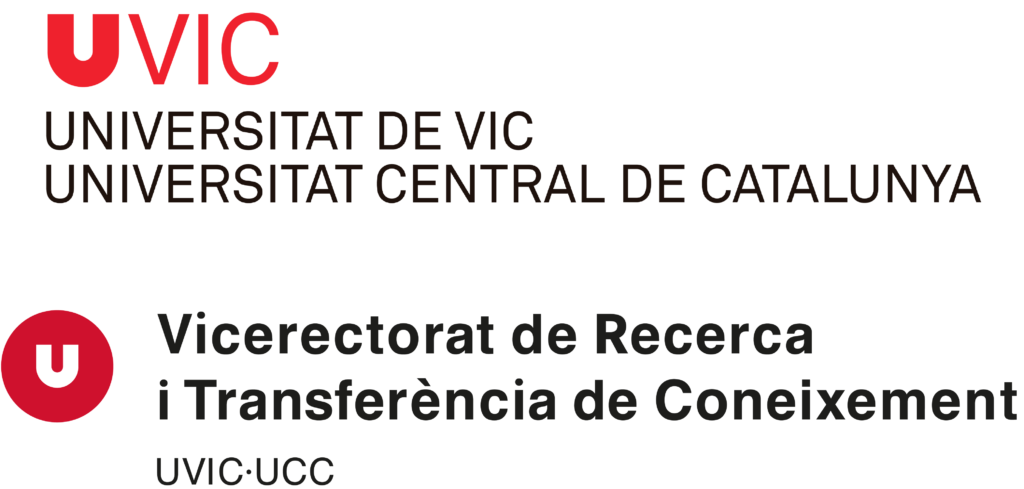Hedging Currency Risk with Forward Contracts
If you`re a business owner involved in international trade, you`re likely aware of the risks involved in dealing with currency fluctuations. These fluctuations can quickly eat into profits or even cause losses. Fortunately, there are tools available that can help you mitigate your currency risk. One such tool is the forward contract.
What is a forward contract?
A forward contract is an agreement between two parties to buy or sell an asset at a future date at a predetermined price. Currency forward contracts are agreements between two parties to exchange one currency for another at a future date and at an agreed exchange rate.
How does it work?
Let`s say you`re a US-based business that imports products from Europe. You know you`ll need to pay your supplier in euros in three months, but you`re worried that the euro may drop against the dollar between now and then, which would increase the cost of your imports.
To hedge your currency risk, you could enter into a currency forward contract with a financial institution. You would agree to buy euros at an agreed-upon exchange rate in three months. This means that, no matter how much the euro drops, you are guaranteed to be able to buy euros at the agreed-upon rate. This protects you from currency fluctuations and means you`ll be able to pay your supplier the agreed-upon price.
Benefits of using forward contracts
There are several benefits to using currency forward contracts to hedge your currency risk.
First, you can lock in an exchange rate for a future transaction, which means you have certainty about your costs and can plan accordingly. This can be particularly useful for businesses that deal with large volumes of currency.
Second, you can protect your profits from currency fluctuations. If you`re buying goods in one currency and selling them in another, currency fluctuations can erode your profits. By using a forward contract, you can protect your profits and ensure that your margins remain intact.
Third, you can avoid the costs associated with spot transactions. When you buy currency on the spot market, you`ll often pay a higher price than you would for a forward contract. This is because a financial institution will want to make a profit on the transaction. By using a forward contract, you can avoid these costs.
Conclusion
Hedging your currency risk is an important part of managing your business`s finances. Forward contracts can be a useful tool in this regard, providing certainty and protection against currency fluctuations. If you`re involved in international trade, it`s worth considering using forward contracts to protect your profits and manage your costs.
















